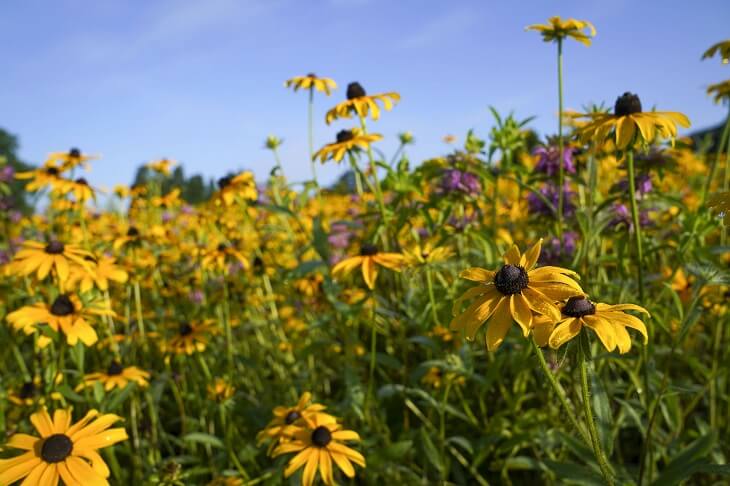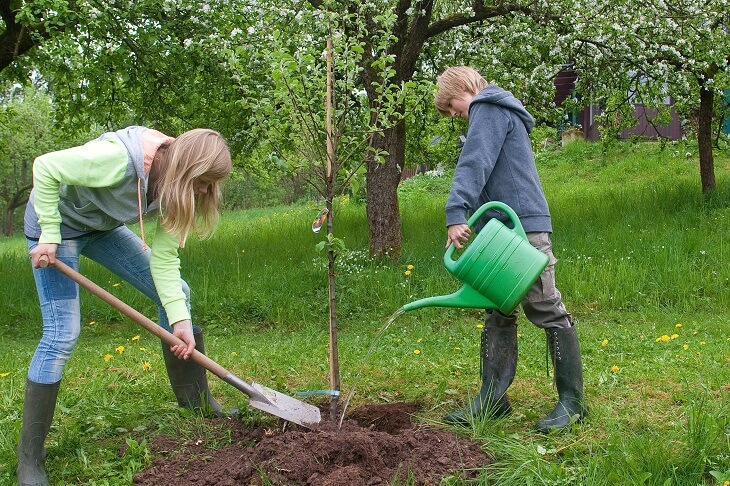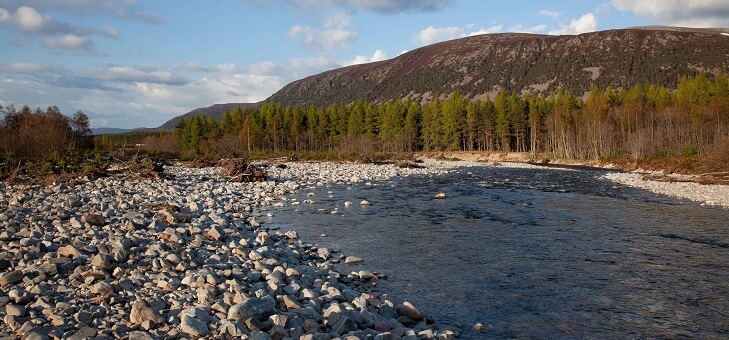It’s easy to feel powerless with regard to certain things, but the planet being in environmental crisis is something we all need to get involved in.
What does ‘nature positive’ mean?
NatureScot chief executive Francesca Osowska says: “It is everyone’s responsibility to be nature positive.
“We know the twin crises of climate change and nature loss are inextricably linked – we do both, or do neither.”
Rather than simply aiming to become ‘net zero’, the world needs to aim to go much further and halt and reverse nature loss instead.
The old mantra of trying to tread lightly, do less harm and reduce our impact still stands, but simply trying not to contribute to biodiversity loss and climate change isn’t enough anymore.
This way of thinking asks that we go beyond damage limitation and instead ensure our lives – from government policy and business decisions down to individual action – actually enhance the planet and its ecosystems. Being nature positive means actively fighting back to save species and bring back lost biodiversity.
Read: Save money and the environment with these eco habits
So what can you do?
Make use of any outdoor space you have.
“The first place we can start is at home – every backdoor step can hold a saucer of water for a thirsty [bird] and every balcony a pot with flowers for pollinators,” says Beccy Speight, RSPB Wildlife Charity chief executive.
A lot of wildlife likes to move between gardens, so make sure there are some gaps in fences to let them travel. Consider a bird box or a bug hotel to encourage biodiversity, and leave logs or sticks lying around in piles to provide places for beetles to thrive.

Make sure your garden is bee-friendly
Bees are experiencing unprecedented decline and gardens provide essential habitats for bees across Australia, so ensure you are maximising the pollinator potential of your space. Fill your garden with flowering plants that are rich in pollen and nectar, and include plants with a wide range of shapes and colours to attract as many bee species as possible to your garden. Also, ditch the weed killer and let wildflowers grow – rewilding is all the rage right now anyway.
Read: How rewilding can boost your garden – and your life
Protect the nature around you
“People can get involved in looking after parks and green spaces by supporting ‘no-mow’ movements and encouraging their local authority to manage these areas for nature,” says Ms Speight.
Research local groups that aim to protect and enhance the green spaces you became so reliant on in lockdown.
“You can also join and/or donate to a conservation charity to help support vital work and get involved personally by volunteering. Lots of volunteers actively help with land management work, which protects and creates habitats for at-risk species.”
Plant trees
Got a garden? Plant trees now for future generations to benefit from.

Eat in a ‘nature positive’ way
Unsustainable fishing is one of the primary causes of biodiversity loss in our seas and oceans. In fact, one in three fish stocks are considered to be overfished. So only choose fish from responsible sources at the supermarket – and ask questions at fish mongers or in restaurants about where their stock has come from. We support causes every time we spend our cash, so make sure you’re not unknowingly backing the wrong one. Eating more of a plant-based diet helps too.
Make nature the focus of your holidays
Choose a holiday company that actively works to protect and preserve nature, says Responsible Travel CEO Justin Francis. “Many of our holidays work to support existing areas of biodiversity, as well as endangered or threatened species, or they work to actively rewild land.
Read: Five of the world’s most sustainable travel companies
“It’s important to ask questions of your holiday companies and find out what they are doing for nature and biodiversity. Are they really working towards becoming nature positive? Holidaymakers can actively support conservation projects in destinations too, by visiting, showing an interest, paying an entrance fee and coming home and educating others about what they have learnt. Research day trips that contribute to protected areas and help restore habitats.”
And obviously, be aware of excursions that involve wild or captive animals – they often aren’t protecting species at all.
Do you think you’re nature positive? What do you do in your day-to-day life to halt and reverse nature loss? Share your thoughts in the comments section below.
– With PA
If you enjoy our content, don’t keep it to yourself. Share our free eNews with your friends and encourage them to sign up.

